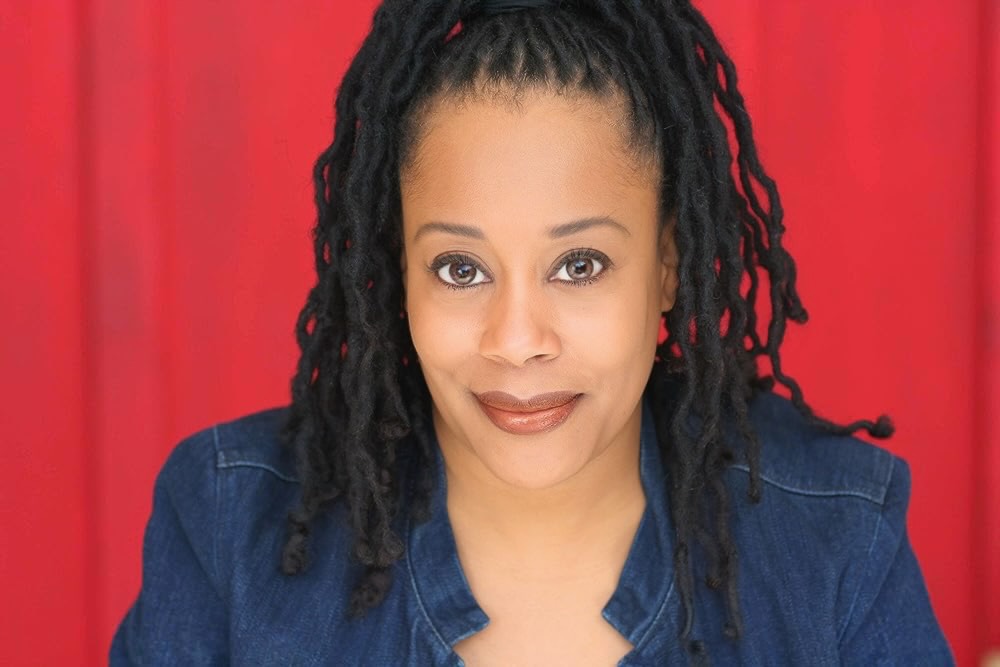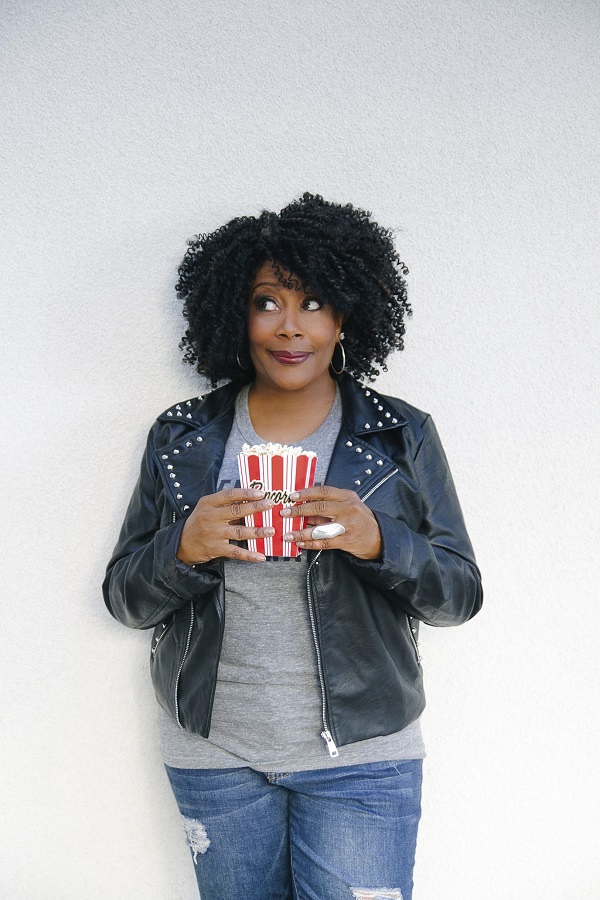Critics watch hundreds of films in a calendar year, and not all of us have had a direct path into that career. I started out as a thespian with aspirations of performing on Broadway before working my way into acting in voice-overs and network television. But being an actor gives me a small edge over my fellow critics as I am keenly more aware of how a mediocre, poor, or fantabulous performance can color a film. A well-crafted performance will draw you in regardless of how unengaging a film may be when it comes to production, sound, costume design and overall aesthetic.
This adage is more than apparent within one of my favorite film performances of all time – Diana Ross as Billie Holiday in “Lady Sings The Blues.” As Holiday, Miss Ross doesn’t rely on providing an identical vocal, but instead turns in a nuanced performance laden with specificity throughout her character portrayal of the legendary chanteuse. It’s this type of detailed specificity while bringing these characters to life, real or imagined, that ultimately make us fall in love with their artistry and the film as a whole. Audiences relate, on some level, to their flaws, triumphs, struggles, comedic shenanigans and/or tragic outcomes.
Most moviegoers are likely to forget names but they all remember how a movie made them feel long after the credits rolled. It is that emotional connection that I look for as an actress and a critic, and informs how I craft a review. My job is to advise audiences with a non-snarky, yet honest opinion as to whether or not to spend their hard-earned cash and go out or catch on the couch via a streaming service.
Having succeeded in other areas of entertainment turned out to be vital for me as a critic. However, for Oscar-nominated, Emmy-winning Ava DuVernay, it was in public relations. DuVernay understands all too well that a film and its success begins at inception. Even our most beloved Roger Ebert had dreams of becoming a thespian at the University of Illinois at Champaign-Urbana before landing at the Chicago Sun-Times as an award-winning writer. Costume Concept Designer Phillip Boutte, Jr. (“Black Panther,” “Bohemian Rhapsody,” “Maleficent: Mistress of Evil“) and award-winning Production Designer Nelson Coates (“Crazy Rich Asians,” “In The Heights”) were both actors before excelling in their chosen fields.
One imperative detail I discovered studying my craft at the historic HBCU Howard University is that if an audience knows and likes you, they will ultimately trust you, your opinion and the films you recommend. It’s the same reasoning as to why we often gravitate toward certain actors no matter what types of films they make.
Take Denzel Washington in any film, who provides actors with a master class and gives critics a multitude of reasons why we want to see his films. For example, by the time “Malcolm X” concludes, one would swear you were watching the Civil Rights icon and not an actor inhabiting his spirit and likeness. While critics were mixed over the direction of Spike Lee and/or the subject of Malcolm X in a narrative feature, hardly anyone would argue that it was Washington’s performance that appealed to the masses and aided in the legendary stature of that film critically.
Understanding unspoken script direction or a slight tweak from a director can make or break a film’s performance. For example, nuanced details like having unspoken scripted communication between the leads and their pinkie fingers during an intense, pivotal moment in Eliza Hittman’s abortion drama “Never Rarely Sometimes Always” hauntingly resonate on screen. As an actor, I understand what it takes to expertly execute that moment without doing too much.
Dialogue, what is in the room, and what you are wearing all have an impact on a performance and the initial outcome of the film. Watching the last 15 minutes of Renee Zellweger as “Judy” tells you all you need to know. When she says with such humble fragility, “You won’t forget about me will you ?” it is clear that the actress has used the dialogue to her advantage tapping into the sentimentality associated with the beloved icon and studio system star.
Just like children and pets, actors and critics with an education in film production can spot a phony or a false note a mile away. It really is a blessing and a curse, because as a film critic and actress with behind the scenes knowledge I can simultaneously watch a performance, listen to the soundtrack, and peep the intricate details of production design, cinematography, costumes, hair, make-up, accents and special effects. This actress-film-critic hyphenate chooses to weigh in on all elements while providing my audience and critics alike with a well-informed opinion that is crafted in love, fairness, education, and empathy for the filmmakers.












